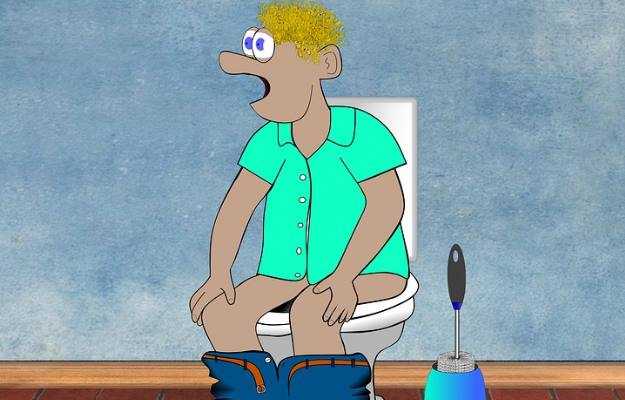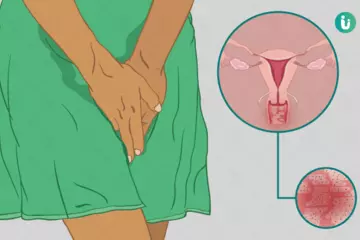What is Overactive Bladder Syndrome?
Overactive bladder syndrome refers to a condition wherein an individual experiences a sudden and unavoidable urge to urinate. The urge may suddenly occur at any time of the day. This syndrome is quite common and can lead to inconvenience and embarrassing social situations in one’s daily life.
What are its main associated signs and symptoms?
The following symptoms can be noted for overactive bladder syndrome:
- An urgency to pass urine: this urgency may be unavoidable and very hard to put off. This can lead to an involuntary leakage of urine which is also known as urgency urinary incontinence.
- An increase in the frequency of passing urine: an overactive bladder may cause one to pass urine more frequently than usual. (Read more: Frequent urination causes and prevention)
- Sleep disturbance: due to the sudden urge for passing urine, the individual may be forced to wake up several times even during night time. This can cause sleep disturbances.
- The symptoms of overactive bladder syndrome may worsen if the individual is experiencing stress or anxiety.
What are its main causes?
The underlying cause of overactive bowel syndrome is the excessive contraction of the muscles of the bladder which produces the urge to pass urine frequently. However, what causes these muscles to contract abnormally is not clearly known.
It has been noted that in individuals with this syndrome, the bladder may signal the brain that it is full when it is actually not.
In some cases, overactive bladder syndrome may be a result of brain-related diseases such as:
How is it diagnosed and treated?
In order to diagnose overactive bladder syndrome, the doctor usually enquires about the symptoms and then proceeds to look for signs of an infection using physical examination or a urine test. A flow test may also be done in order to assess the strength of the urine flow and whether the individual is emptying the bladder completely or not.
The treatment for this syndrome includes bladder training which allows one to have a certain degree of control over the bladder movements and delaying the urge to pass urine. Medications may also be provided but lifestyle changes such as doing pelvic exercises, avoiding caffeine and alcohol and losing excess weight play a major role in managing the symptoms.
In some cases, surgery may be recommended.

 Doctors for Overactive Bladder Syndrome
Doctors for Overactive Bladder Syndrome  OTC Medicines for Overactive Bladder Syndrome
OTC Medicines for Overactive Bladder Syndrome



















